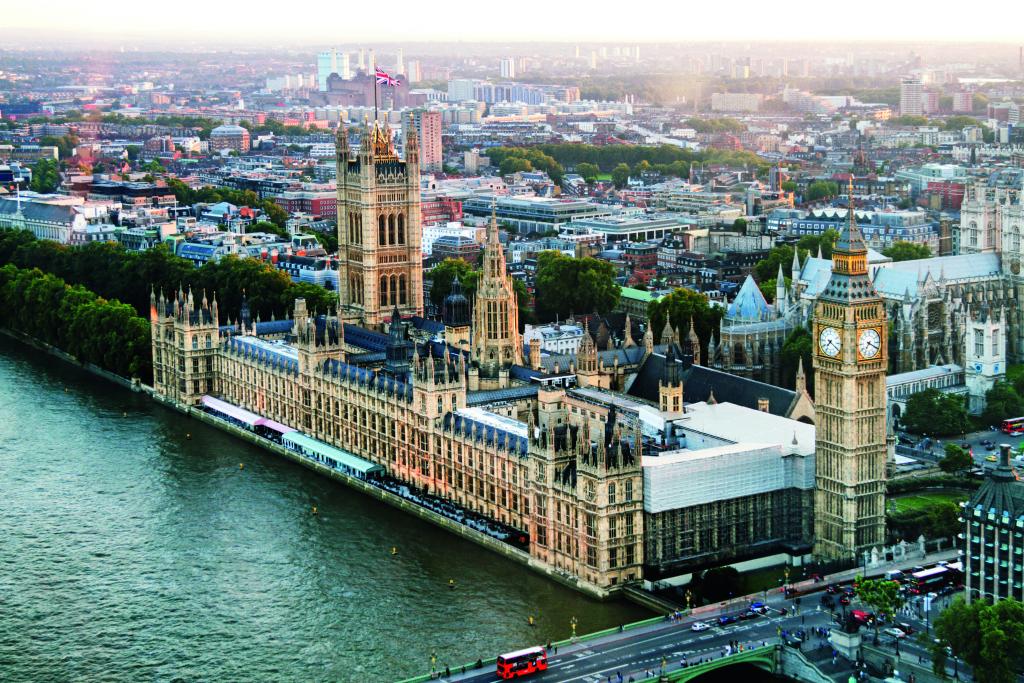Divorces often turn sour and Brexit – the withdrawal of the United Kingdom (UK) from the European Union (EU) – is, unfortunately, a case in point. Initiated by a referendum that was an electoral promise of the British Conservative Party to address an enduring internal division within its ranks, three years later, Brexit has become the source of deeper and fiercer national divisions in Britain and a major embarrassment and irritation in the EU. How did this happen?
Fantasyland Britain
The British government has been living in a fantasyland, raising unrealistic expectations and never deflating them publicly. In January 2017, Prime Minister Theresa May laid out some firm points defining the characteristics of what would be a good negotiation withdrawal agreement for the UK: the country would seize back control over immigration and trade policy; they would be out of the single market but still enjoy it short of having to adopt EU regulatory instruments or be in conformity with them. No one with some essential understanding of what economic integration means and how the EU functions should have been fooled by such a plan but the large majority of the UK’s domestic audience lacks such understanding and has indeed been fooled. When time came for a reality check (enjoying the single market means regulatory and trade policy constraints), the government did not dare to deflate expectations nor adapt its behaviour to avoid losing face and the confidence of the public.
Flawed Negotiation Setup
Europeans also share their responsibility for the current impasse: they imposed a negotiation process in two phases. The first phase focused on key principles of the withdrawal and the second on the future relationship. The flaw came with the choice to include, as a matter of principle, the absence of a hard border between Ireland and Northern Ireland. Yet, the status of the Irish border could not be settled without knowing what the future relationship would look like. Prevented by design to discuss that relationship, the two parties were thus forced to include in the withdrawal agreement the infamous backstop provision to seal off, if needed, Ireland from the British mainland, infuriating British Unionists. Pragmatism should have prevailed over a rigid, misplaced, principle.
The Reign of Confrontational Politics
With one party living in a fantasyland and the other rigidly committed to key principles, confrontation and posturing reigned during the international negotiation process. Confrontation also characterised domestic discussions in Britain: in a political system that serves a two-party autocracy, the government sought, foremost, to keep its own camp united with little or no effort to build bridges with the other camp.
All in all, there was little, if any, give and take in the process, ending in an excruciating ratification process in Britain.
This article was published in Globe #23, the Graduate Institute Review.
Professor Cédric Dupont was invited onto Géopolitis, a Swiss programme aimed at decoding world affairs with expert analyses, on 7 April 2019 and dedicated to the theme: Brexit or Not? Dans un Royaume-Uni divisé, décryptage d’un divorce chaotique.


